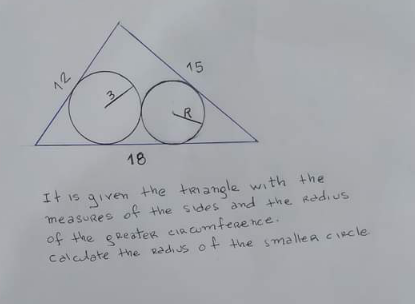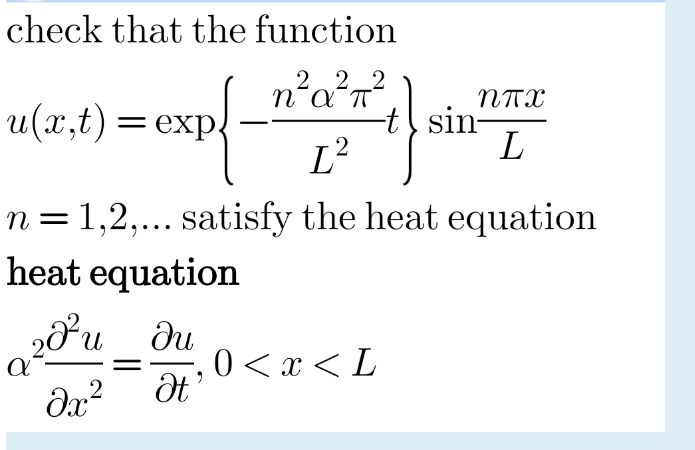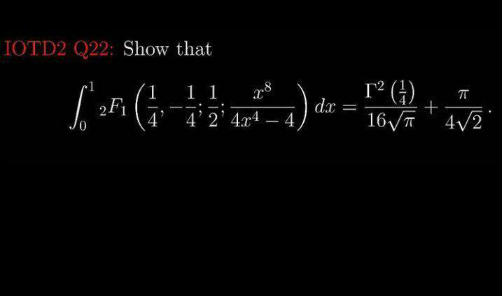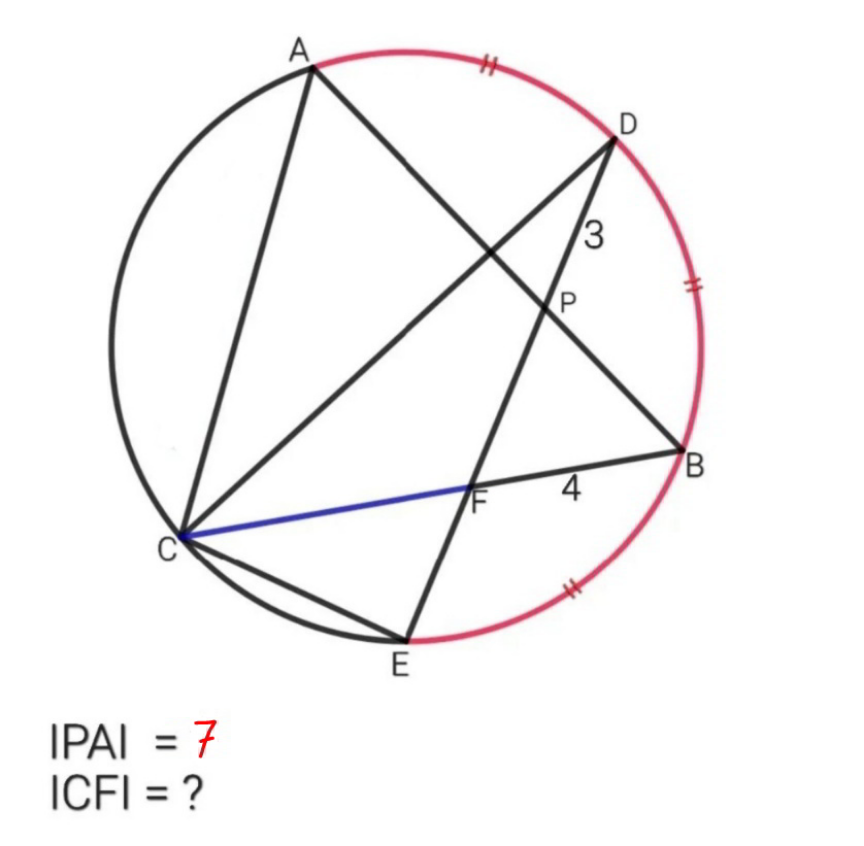
Question and Answers Forum
AllQuestion and Answers: Page 442












Pg 437 Pg 438 Pg 439 Pg 440 Pg 441 Pg 442 Pg 443 Pg 444 Pg 445 Pg 446
|
Question and Answers Forum |
AllQuestion and Answers: Page 442 |
| In AB^Δ C : m_b ^( 2) + m_c ^( 2) = 5 m_a ^( 2) prove that : A^( ∧) = 90^( °) m_a : ( median ) |

|

|

|

|
| ∫((3x)/((1−4x−2x^2 )^2 ))dx |
| ∫((3x)/((1−4x−x^2 ))) dx |
| Solve the ODE y′ + 2xy = xe^(−x^2 ) , with y(0)=1 Mastermind |
| lim_(x→0) (((√((1+2x)/(1−3x))) (((1+x)/(1−x)))^(1/3) (((1+4x)/(1+3x)))^(1/4) −1)/(2x)) =? |
| Solve the ODE (x^2 −2)y′ + xy = 0, with y(1)=1 Mastermind |
| Solve the ODE y′ + xy = x^2 , with y(0)=2 Mastermind |
| ∫x^2 e^(x^2 /2) Mastermind |
| find ∫_0 ^∞ ((lnx)/(x^2 −x+2))dx |
| does the series Σ_(n=1) ^∞ e^(−2(n−1)) sin(((nπ)/2)) is converge or diverge ? |

|

|

|

|
| lim_(x→(π/2)) (((sinx−1)/(x−(π/2))))=? |

|

|

|
| f(x,y,z) = (3x^2 y,x^3 +y^3 , 2z) prove that the function has a potential to be determined. |
| Evaluate (a) ∫((t−2)/(t−3(√(2t−4)) +2)) dt (b) ∫((3z)/((1−4z−2z^2 )^2 )) dz |
| check that the function u(x,t) = exp{−((n^2 α^2 π^2 )/L^2 )t} sin((nπx)/L) n = 1,2,... satisfy the heat equation heat equation α^2 (∂^2 u/∂x^2 ) = (∂u/∂t), 0 < x < L |

|
Pg 437 Pg 438 Pg 439 Pg 440 Pg 441 Pg 442 Pg 443 Pg 444 Pg 445 Pg 446 |